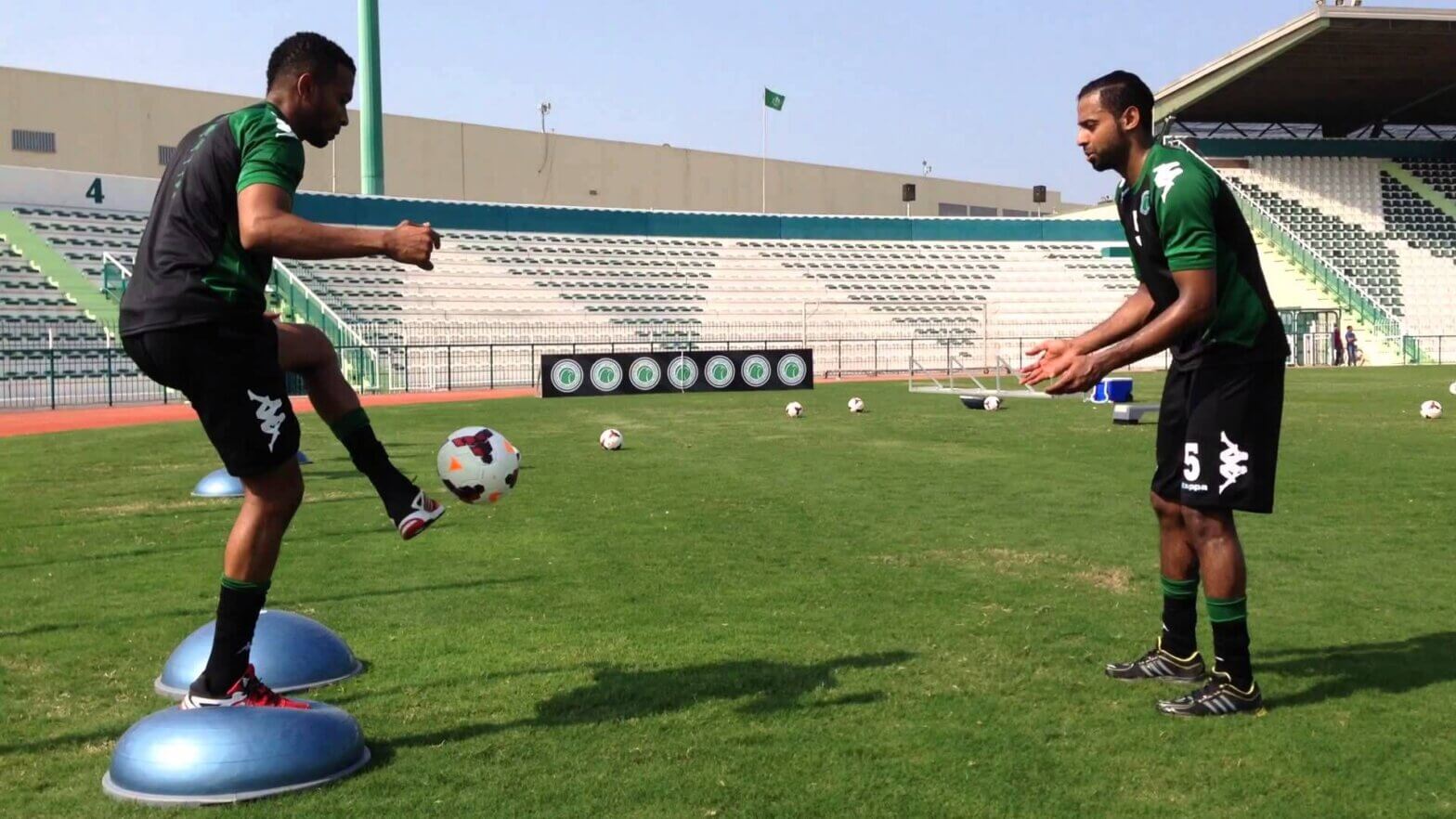Muscle tightness can result in localized dense areas of muscle tissue that people commonly refer to as “knots.” Many people experience this between their shoulder blades or in the upper trapezius/shoulder. These tense, stubborn knots can cause discomfort, limit your range of motion, and even lead to headaches. Fortunately, physical therapy offers effective techniques to reduce and prevent muscle knots in the upper back.
Understanding Muscle Knots
Muscle knots, also known as myofascial trigger points, are tight and contracted bands of muscle fibers. They often feel like hard, knotted lumps under the skin. These knots can develop for various reasons. This can include poor posture, overuse, stress, or after an injury.
Physical Therapy Strategies to Reduce Trigger Points
Stretches can be used to target the area in which there is tightness. Over time, this can allow the muscle to relax and ultimately reduce the pain originating from the area. In instances where muscle tightness is the result of compensation and overuse, strengthening can be implemented to restore strength of the surrounding muscles and restore muscular balance in the affected area.
Manual therapeutic strategies can also be implemented to address this. Myofascial release is a technique used by physical therapists to release trigger points and alleviate tension. This involves applying sustained pressure to the affected areas to release the knots and improve blood flow. A physical therapist will often use a combination of these strategies to normalize the muscle tissue quality and ultimately reduce pain and dysfunction.
Often, if trigger points develop, there is an underlying reason why. A physical therapist is uniquely qualified to assess your posture, strength, range of motion, and flexibility to identify the factors that contribute to this. If you suffer from persistent aching pain or recurrent muscle knots, physical therapy can help provide relief. Call Respire Physical Therapy at 703-671-1871 or click here to request an initial evaluation with a physical therapist and improve your understanding of your body and how to best manage your pain.
Tags: ptworks, Physical Therapy, Respire Physical Therapy, pain free living, physical therapist, health blog, trigger points, muscle pain, choosept, manual trigger release, pt education, arlingtonva, regain your movement freedom, alexandriava, muscle tightness, fallschurchva, muscle knots



